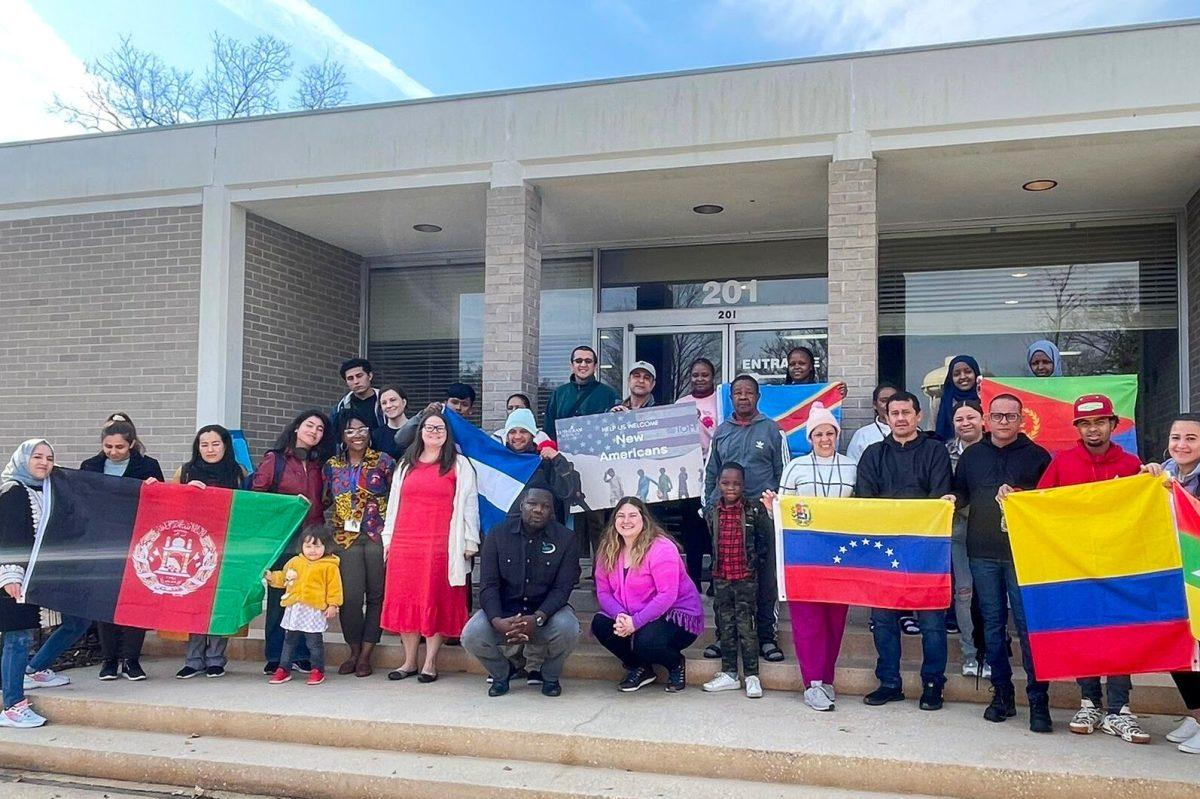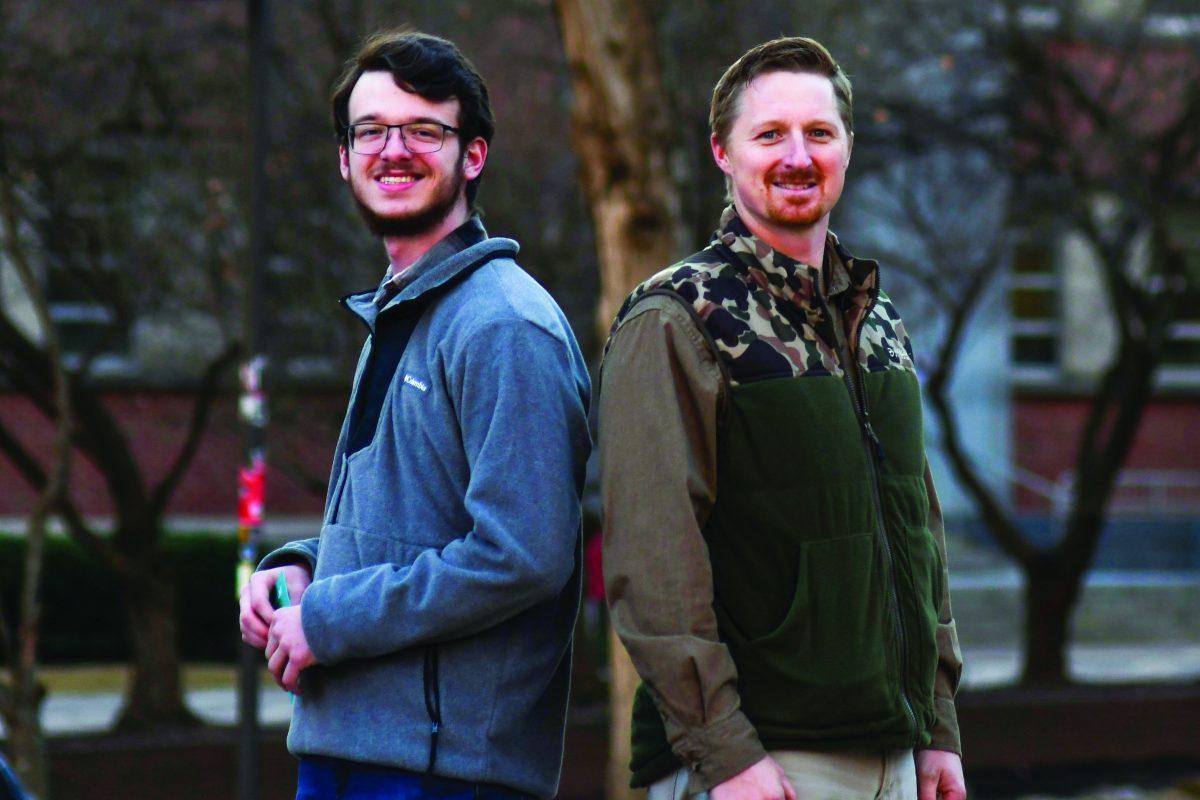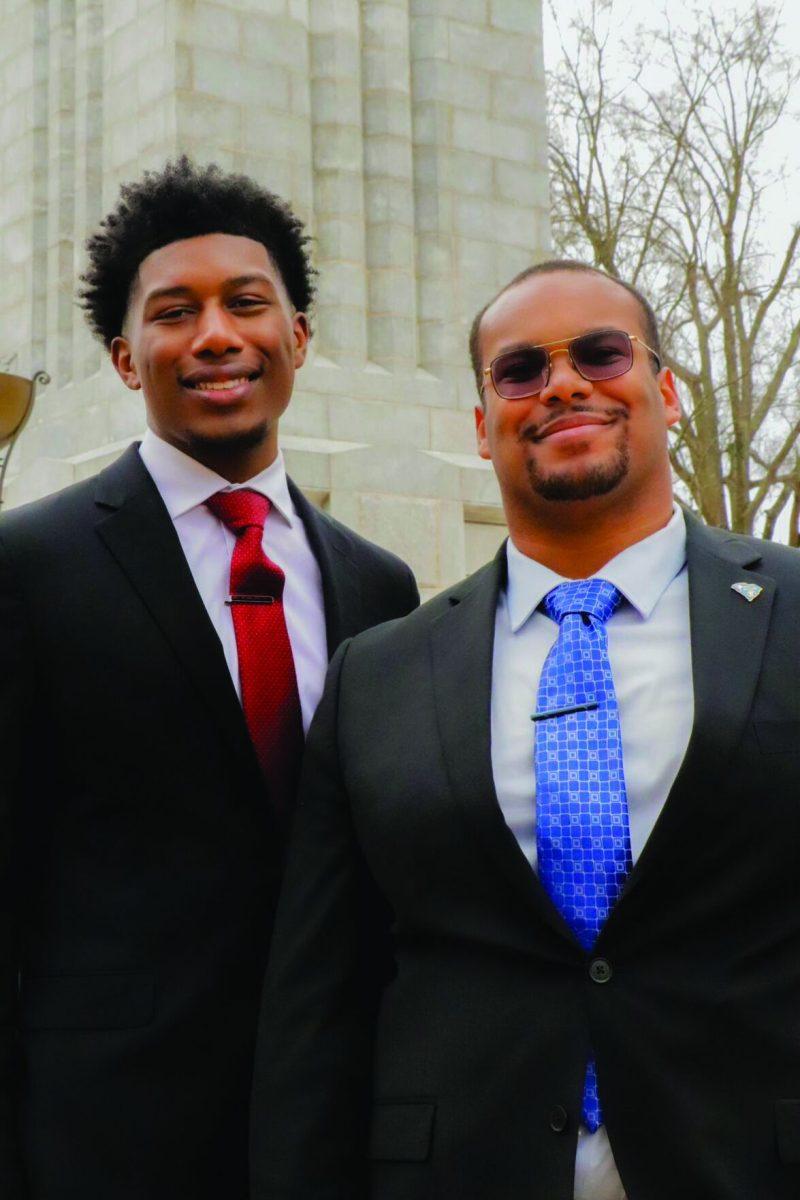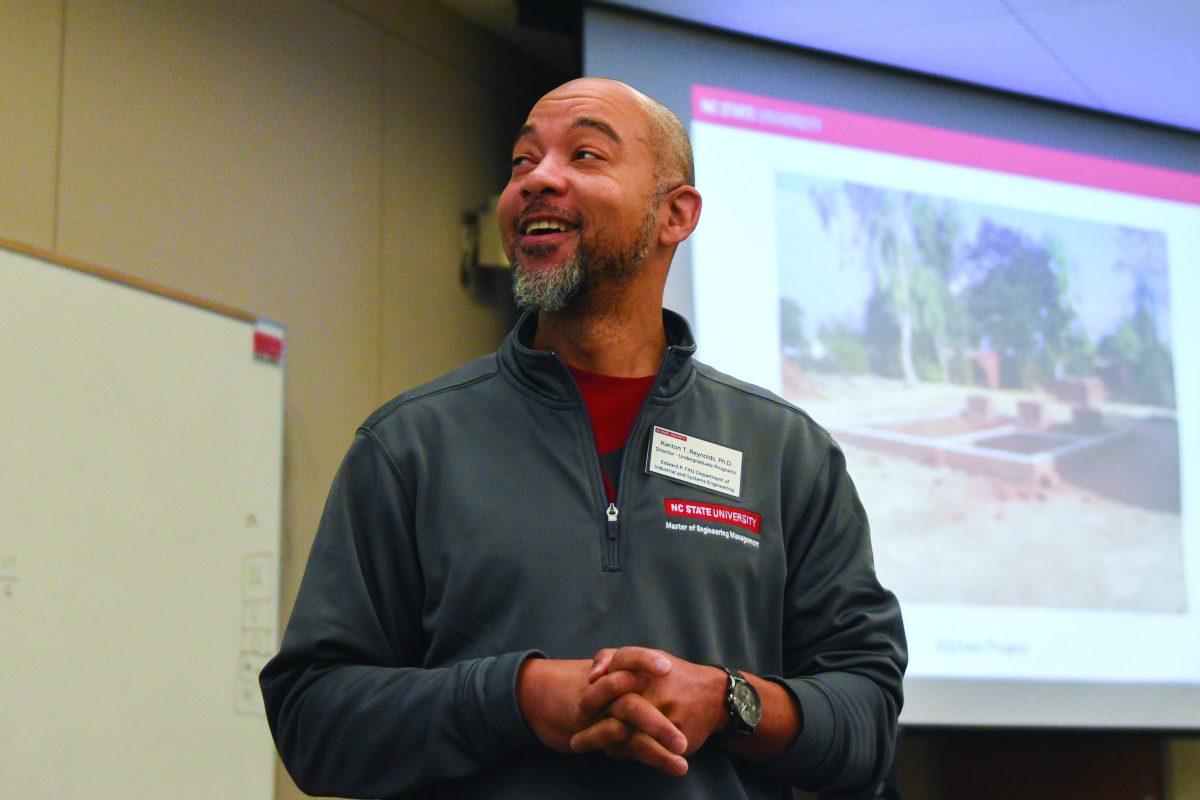Established in 2011, Lutheran Services Carolinas emerged as a safe haven for children, families, aging adults, disaster victims, veterans and refugees. Fourteen years later, the Carolinas-based organization is continuing its mission of supporting those in need.
But as the Trump administration makes sweeping policy changes targeting immigration, the fate of those refugee services hangs in the balance.
On President Donald Trump’s first day in office, he signed an executive order suspending the U.S. Refugee Admissions Program for the next 90 days, effectively halting the admission of asylum-seekers. The same day, Trump signed an executive order pausing the distribution of foreign aid. These particular directives raise concerns within LSC about its ability to continue its initiatives.
LSC’s primary resource for refugees is its New Americans Program and the corresponding Reception and Placement Program, a 90-day period in which LSC works directly with refugees to help them settle into the United States and ensure their basic needs are met by assisting with housing arrangements, access to healthcare and connections to social services.
Seth Hershberger, resettlement director at LSC’s Columbia site, said the Reception and Placement Program is most impacted by the policy changes. In addition to being unsure of when there will next be refugees to assist, the program is no longer actively receiving federal funding as a result of the freeze on foreign aid.
“The freeze on foreign aid through the State Department has stopped all the funding for the refugees that just arrived, so effectively it’s shut down that entire program,” Hershberger said.
Holy Trinity Lutheran Church sits on Clark Avenue, just down the road from NC State’s main campus. Head pastor Rev. Adam Buff and his congregation have firsthand experience with the New Americans Program — Holy Trinity is currently partnered with a family from Afghanistan as a part of the Circle of Welcome initiative.
Buff said churches participating in the Circle of Welcome initiative aim to make families’ transitions easier while LSC handles critical components such as arranging housing, access to healthcare and ensuring all the legal boxes are checked.
While churches typically partner with families for six months, Buff said the threat to the program might lead Holy Trinity to stay with their current family for longer. The church was recently making plans to take on two families at a time but now isn’t sure of the likelihood they’ll receive even one family during the next cycle.
Rachel Lee, resettlement director at LSC’s Raleigh site, said clients of LSC who have filed paperwork — such as affidavits of relationship to verify a loved one’s identity so that they may join them in the United States — are left with questions about the status of their requests. This goes beyond LSC’s programs, impacting even private citizens who are trying to sponsor a family member’s relocation.
“I’ve had some people calling me that have put in applications before, asking what’s going on with their applications,” Lee said. “Right now, they can’t find a case number.”
The policy changes affect LSC’s employee network in addition to the refugees themselves. Because of the funding freeze, LSC is unable to pay some employees for its work, resulting in a stop work order that Lee said the organization received on Jan. 24.
While numbers of refugees in the program and the country have ebbed and flowed as politics change, and as it’s the president’s job to set the ceiling on immigration each year, Buff said he hasn’t seen a change to this degree occur before.
“In the previous administration, there was a slowdown in the number of refugees brought in, but it was never stopped like this,” Buff said. “I think there was an anticipation that the number might dwindle some but not this complete shut-off.”
Although the organization planned for possible restrictions, Lee said the stop work order was shocking.
“I will say that the stop work order is something that no one, I think, was expecting,” Lee said. “And so I think that for me at least — I can only really speak for myself — it was shocking for me because I hadn’t really seen that before. I didn’t really know it was possible.”
Nixmarie Ruiz Perez, executive director of LSC’s New Americans Program, agreed that LSC anticipated changes but not at the level it’s seeing now, particularly regarding the stop work order.
“I think it was expected, just not as drastically as we saw it,” Ruiz Perez said. “We are committed to the work that we do, despite who’s in office. And so for us, we know no matter who’s in office, there’s always its challenges. There’s always its challenges no matter what party is in office. And so the stop work order that was done, and how it was strategically effected after we were about to end our day, kind of caught us off guard.”
Because LSC’s refugee programs are a public-private partnership, they’re able to rely on volunteers and other income streams like donor funding to continue offering services while the organization waits for the reconsideration of refugee admission and the distribution of federal aid at the end of the 90-day suspensions.
Ruiz Perez said both the community and LSC’s leadership are committed to continuing their work despite the new challenges. Right now they are focused on reaching out to donors and educating people on the work they do with refugees.
Ruiz Perez said LSC’s work with refugees is often misunderstood as contributing to illegal immigration, but people are highly vetted and undergo several extensive background checks to be recognized as refugees.
“They’re fleeing horrible situations, poverty, violence, health, climate concerns — because climate is also a factor of a lot of people that are migrating,” Ruiz Perez said. “It’s important that people understand that there are laws that protect us and laws that protect them, laws that protect the work that we do.”
Despite the various disagreements over immigration, Buff said he believes this issue is a unifying one for religious people everywhere.
“As a church, and even beyond just Christian congregations, I think this is a really unifying issue for religious groups,” Buff said. “Caring for refugees — even for those denominations where we, at times, maybe have theological or ideological differences — is a core commitment, to caring for people who are fleeing violence and seeking a safe place to be. It’s my hope that if enough of us push back on this that we can maybe make some change.”
Buff said short-term plans to continue supporting refugees include contacting elected representatives to make their position clear on an individual and denominational level.
Presiding bishop of the Evangelical Lutheran Church in America, the Rev. Elizabeth A. Eaton, issued a statement expressing her concerns with the executive orders, invoking the church’s history of aiding in refugee resettlement since World War II.
“As a sanctuary denomination, the ELCA proclaims walking with immigrants as a matter of faithfulness,” Eaton wrote. “The ELCA does not call for activity contrary to the law but for congregations, leaders and individuals to explore resources addressing how to interpret this memorial to their own contexts. Most of all, I encourage all to discern together how to live our faith, excluding none from God’s overflowing love.”














